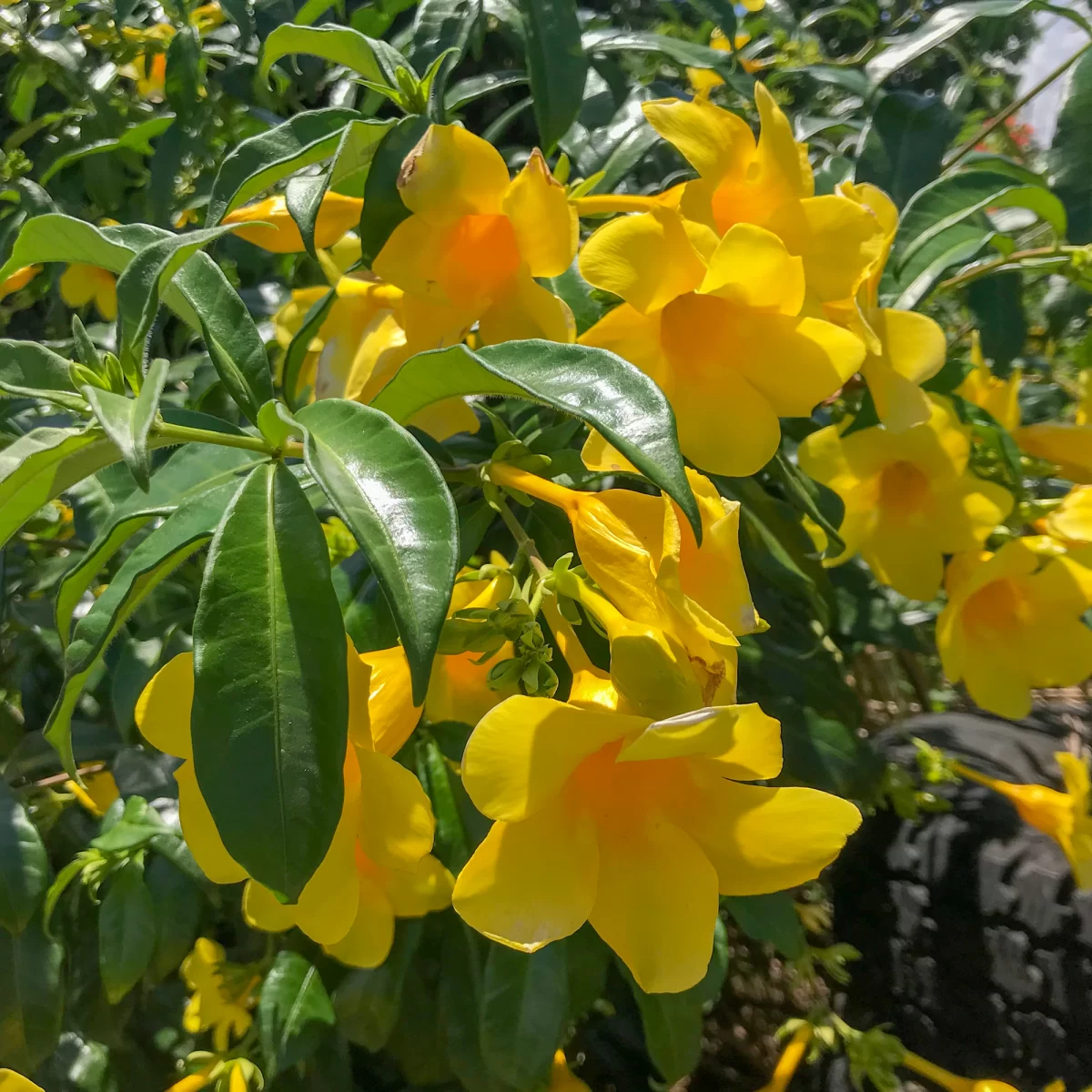The homeopathic approach to anxiety involves selecting homeopathic preparations that match the individual's specific symptoms and emotional state. Scientific homeopathy, as postulated by Dr. Hahnemann, has been deeply rooted in scientific pathogenetic trials for over 200 years, i.e., experiments, and one of the postulates it is based on is the principle of "similarity", i.e., the realization that substances that produce symptoms in a healthy person can, when diluted and dynamized, treat similar symptoms in a sick person. This approach is highly individualized, and the homeopath will consider the person's physical, emotional, and psychological characteristics before prescribing a homeopathic remedy. Below are some commonly used homeopathic remedies for anxiety states, but it is important to consult with a professional homeopath for a personalized treatment plan. Working with a homeopath for individual treatment is important because every human being is unique, there are many homeopathic remedies to choose from and the matching remedy is as unique as each of them. Each homeopathic preparation is prescribed according to another essential postulate of the homeopathic doctrine, which is the principle of the minimum dose, and is adjusted as healing progresses. Doses are given according to the body's response, not according to a mechanical/routine schedule that would be the same for all stages of homeopathic treatment or all individuals.

Aconitum napellus : Often used for sudden, intense fear or panic attacks, especially if they occur after shock or trauma. Suitable for people who irrationally fear death or have a fear of crowds.

Arsenicum album: Suitable for individuals who experience anxiety related to health, security, and orderliness, often accompanied by a need for reassurance. They may experience strong psychomotor restlessness.
Gelsemium sempervirens: Used for anticipatory anxiety, especially when facing a specific challenge or event (e.g., performance anxiety). Symptoms may include weakness, trembling, and a feeling of paralysis by fear.

Ignatia amara: Often chosen for individuals dealing with anxiety or fears stemming from grief or emotional shock. Symptoms can include mood swings and a tendency to sigh frequently.
Phosphorus: Suitable for open, sensitive individuals who are prone to anxiety and fear, especially regarding the dark, thunderstorms, or being alone. They tend to crave reassurance and company.
Pulsatilla pratensis (nigricans): Often used for individuals who show clingy, needy behavior, preferring the comfort that brings them immediate relief.














